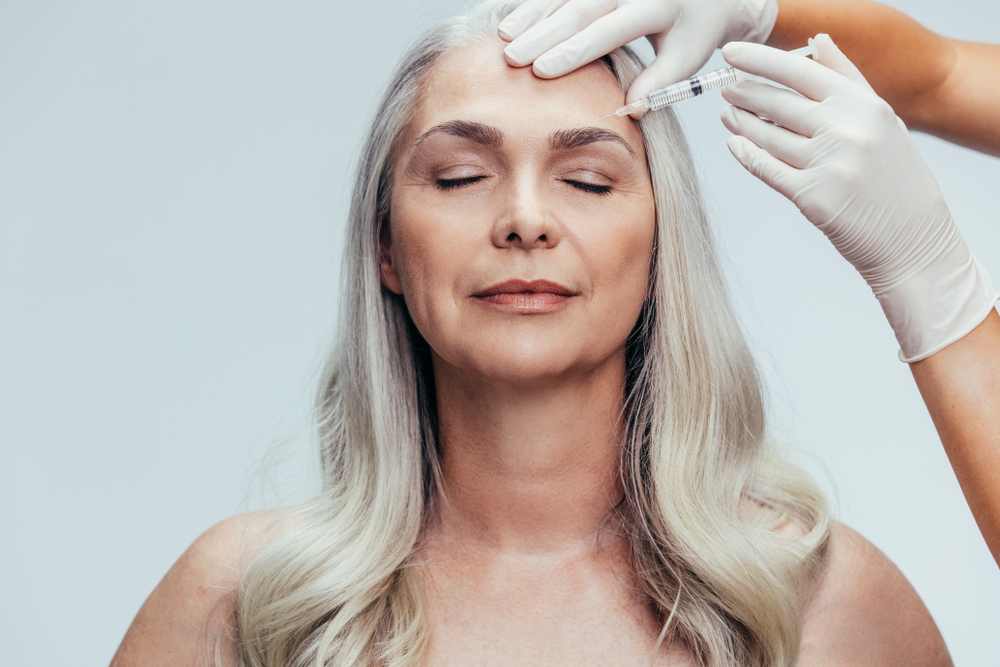5 Red Flags to Watch Out for Before Booking an Aesthetic Treatment
The aesthetics industry is thriving, and for good reason. Non-surgical treatments can rejuvenate skin, restore confidence and subtly enhance natural beauty. But behind the glossy marketing and Instagram-perfect images, not every clinic operates with the same level of professionalism or safety.
If you’re considering an aesthetic treatment, here are five signs that should stop you in your tracks.
1. Vague or Missing Credentials
Your face and body are not experiments. They deserve expert care. One of the clearest red flags is a practitioner who doesn’t openly share their qualifications. Aesthetic medicine should be carried out by trained professionals with clinical experience and relevant certifications, often in nursing, dermatology or surgery. Be wary of vague titles like “advanced technician” with no details to support it. If you can’t verify their background or training, don’t proceed.
A reputable practitioner won’t hesitate to share their credentials. In fact, they’ll often display them proudly. It’s your right to ask.
2. Too-Perfect “Before and After” Photos
Social media has transformed how clinics market their services. But filters and heavy editing can distort reality. If every before-and-after image looks like a magazine cover, consider it a warning sign.
Look for consistency in lighting, angles, and facial expressions. Results should reflect subtle, realistic improvement not an unrecognisable transformation. Trustworthy clinics will have authentic imagery and may even offer real client testimonials or live results. A reluctance to show unfiltered work usually suggests there’s something to hide.
3. A One-Size-Fits-All Approach
Every face tells a different story. So why do some practitioners offer the exact same treatments to everyone?
If your consultation feels rushed or generic think “Here’s our package, it suits everyone” then that’s a concern. A good aesthetic practitioner will take time to understand your skin, anatomy, lifestyle and goals. Personalisation is essential, especially when it comes to injectables or skin resurfacing treatments. There is no universal formula for beauty.
The absence of tailored advice is more than poor customer service. It’s a risk to your safety and your results.
4. No Mention of Pre- or Post-Treatment Care
Professional aesthetic care does not start and end in the treatment room. What happens before and after your procedure is just as important as the procedure itself.
Lack of clear guidance around pre-care and aftercare can signal an unprofessional or inexperienced provider. You should be told exactly what to expect, how to prepare, and how to manage your skin during the recovery period. If you’re left to guess or have to chase down instructions, you’re not in good hands.
Proper aftercare can reduce complications, prevent infections, and ensure you get the results you paid for.
5. No Clear Area of Specialisation
Finally, steer clear of practitioners who seem to offer every aesthetic treatment under the sun. While a broad menu may look impressive, it often means the practitioner has no real area of expertise.
Would you trust a GP to perform a complex eye surgery? Probably not. The same thinking should apply in aesthetics. Whether it’s lip enhancement, skin rejuvenation or facial contouring, look for someone with a clear focus. Depth of knowledge matters more than a long service list.
“Only registered medical professionals can currently prescribe treatments like Botox. That includes independent nurse prescribers, doctors, dentists, and midwives. Under the new regulations, all consultations for prescription-only medications must now be done face to face. That means a patient must be seen in person for an initial consultation, then given time to consider their options before proceeding. If someone is consulted and treated on the same day, it’s unlikely the prescription is valid—unless a doctor has prescribed and is using stock they legally hold.
To administer these treatments, proper training is essential, and the patient must have been seen directly by the prescriber before any treatment takes place.”
— Steph, Ness Aesthetics
Aesthetic treatments can be empowering and transformative—but only when delivered by the right hands. A trustworthy practitioner will never make you feel rushed, unheard or unsure. If something feels off, trust your instincts.
In aesthetics, doing your research isn’t a formality. It’s protection.













